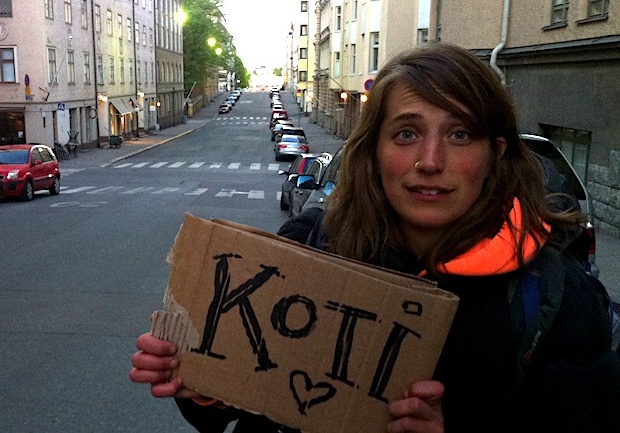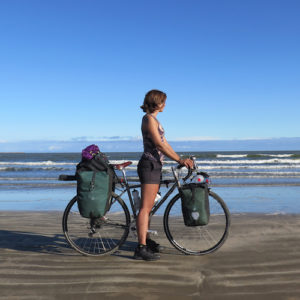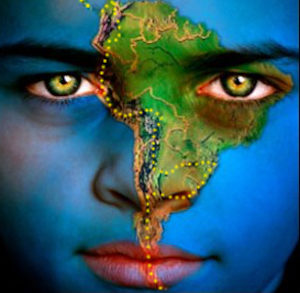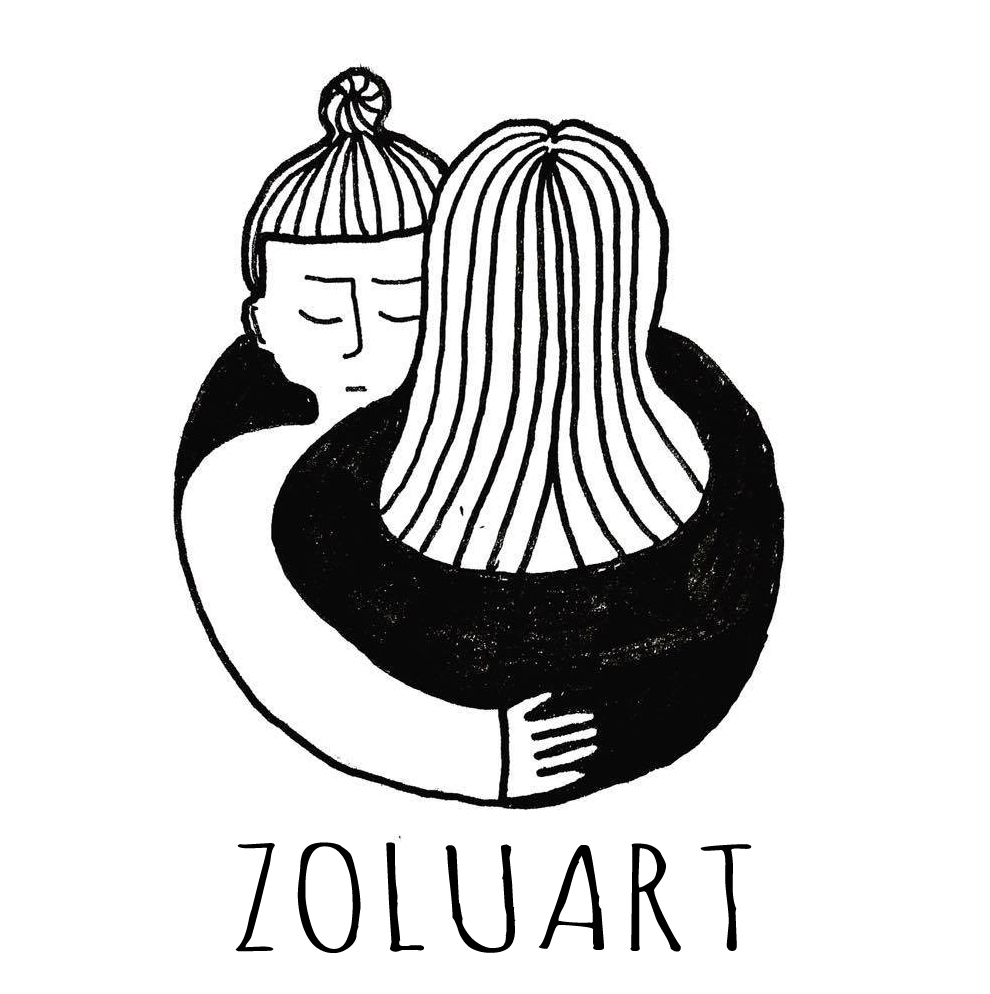THE ROCKY ROAD OF RETURNING
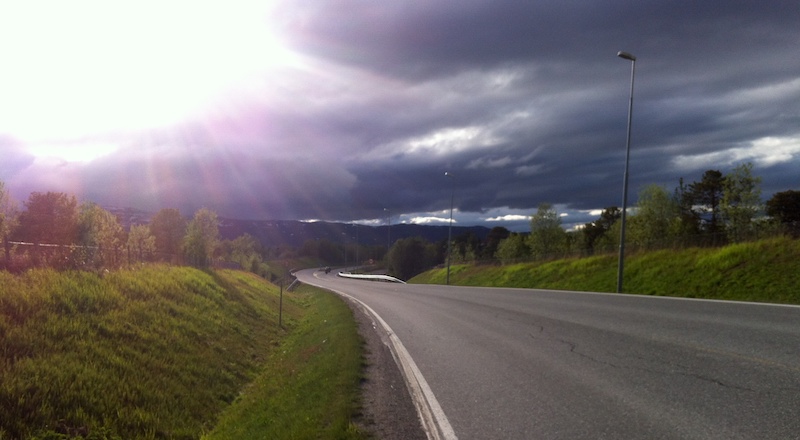
Some time ago, I wrote a post on the Fundamental Art of Leaving. Today, I’m inspired by two people. Both of them women I barely know – one of them I’ve never met in person, the other one I’ve met only once a couple of years ago. Yet, at the moment, both these women are going through the rocky road of getting back “home” after a long time abroad. And even though I’m not physically present and I know nearly nothing about them, I feel I can relate to their feelings more than to those of many others. So nevertheless I don’t believe this skill can ever truly be mastered, here’s a post dedicated to these women on the Rocky Road of Returning.
As if leaving wasn’t difficult enough. When you go, you leave behind things you love or at least things you know, in order to step into the unknown. You have no idea what’s coming or what your near future will look like, and that’s what you might even learn to enjoy the more you leave. You can picture your future, but your pictures will highly unlikely never match the actual reality. And no matter how scary it all seems, at least you know that future can’t be predicted. Unlike upon returning.
Home – cradle or prison?
As you might already know, since I was nine years old, I’ve spent all my life leaving and returning. I’ve lived abroad for more years than I can count, and I’ve always returned back to Finland somewhere in between. I’ve gone to school abroad, I’ve studied abroad and I’ve worked abroad. The first time I ever kissed was abroad. The first time I ever slept with someone was abroad. The first time I ever fell in love was abroad. The first time I drove a car was abroad. The first time I went to a friend’s wedding was abroad. The first time I went to a friend’s funeral was abroad. I’ve climbed, I’ve dived, I’ve paraglided abroad. And then, there’s Finland.
For many years, Finland used to be like prison to me. It was that place I had to return to when something went wrong elsewhere. It wasn’t where I wanted to be, but it was the place I automatically returned to when I didn’t see any better options. It was an escape room which, simultaneously, felt like prison. Although it’s definitely nothing like that anymore (which is much due to having people around me who I love and who make me feel at home), returning “home” is still – even today – a two-edged sword. In fact, despite the fact that I still have nearly a year more to go on the road, I occasionally already get scared about the thought of “getting back” from cycling.
That famous term called reverse culture shock
I still remember more than well the first time I ever returned. It was after living in the USA for year at the age of nine. Just imagine the feeling of having experienced a whole new world and all of a sudden being thrown back into a small town classroom, with people around you who you now seem to have nothing in common with. Time seemed to be standing still, and I seemed to be the only one moving forward. Alone, with no one to share the journey with. Although I didn’t have a name for it at the time, that’s the first time ever that I truly experienced the famous return shock.
Researchers in human psychology and intercultural communication seem to agree on the fact that reverse culture shock can be far more difficult to cope with than an actual culture shock. The thing is, with a culture shock you know things are different. They’re supposed to be different because you’re in a different culture, goddammit. And although this can, at times, be difficult and frustrating and annoying, you accept it and you cope with it, because that’s just the way it is. It’s the way it’s supposed to be.
But then comes the reverse shock. The shock. The moment when you hit “home”. The moment when you go “back” to a place you think you know, although you actually don’t. Because let’s face it, you can never go back in time no matter how much you think you can. And that’s where, to me, the actual shock steps in: either you, your surroundings or both have changed while you’ve been gone. But to what extent, you just won’t know until you get back. Or, the opposite: neither you nor your surroundings have changed, no matter how much you think you/they have. Whatever the situation may be, you always expect something upon return, and that something is just never quite what you get.
Who has changed – me, them, both or no one?
Change is a damn difficult phenomenon to cope with. Some people cope well with it, and then there are others – like myself – who just never seem to get fully used to it. Yet, I’m still not sure whether I cope better with change than with the lack of it. I’m still not sure whether I prefer everything having changed around me than the feeling of time standing still. Maybe, with time, you just start accepting the reality of everything changing, of everything flowing. But sometimes the difficult part is when you seem to have changed faster than your surroundings. Or the opposite, when you don’t seem to be able to keep up with whatever is going on around you.
The challenging part of returning is not only the inner process of adapting or not adapting to an unknown present. It’s also very concrete: as a kid you have to go to school no matter where you are, but as an adult, you might have nothing to return to. You might have no house, no job. You might have no hobbies, no routines. And what makes it worse is that other people do. You might have just quit a job or a relationship, and in addition to that, you’ve changed a country. So now, all of a sudden, you find yourself standing still in an old yet new surrounding, in the midst of a buzzing crowd of people whose time is limited. Unlike yours.
Just chill.
The good news is, just like in everything, even upon returning, time (and people) heals all wounds. I know it sounds like a cliché, but to me, it’s true. With time, you get rooted into some sort of a community, whatever it may be. And this, in my opinion, is of utmost importance because it’s what I think all human life is about – a sense of belonging. When you get back, that’s what you lack. You don’t belong here or there, not in the past or in the future. You’re just here and now. All on your own. Until you feel like you’re not anymore. Just give yourself time. And when you’re sick of being alone, connect with people who make you feel at home. And who understand, or at least try to, understand you. Remember – just chill (…or you can always leave again).


